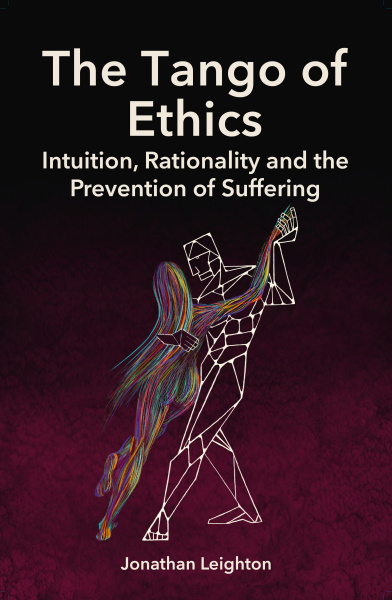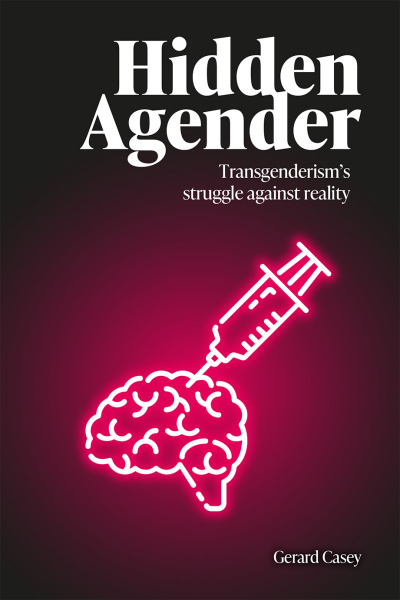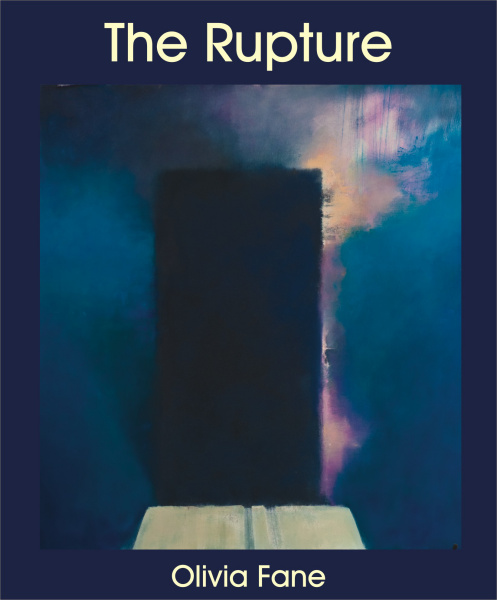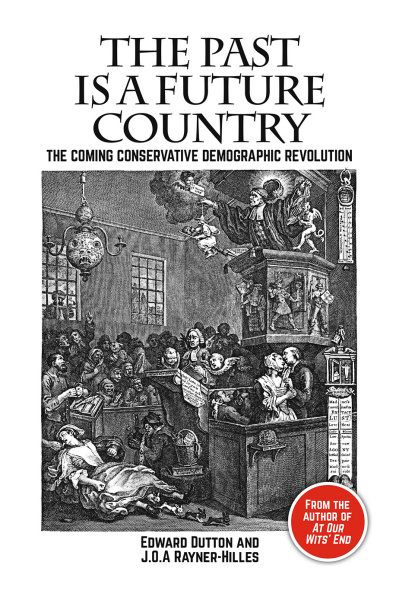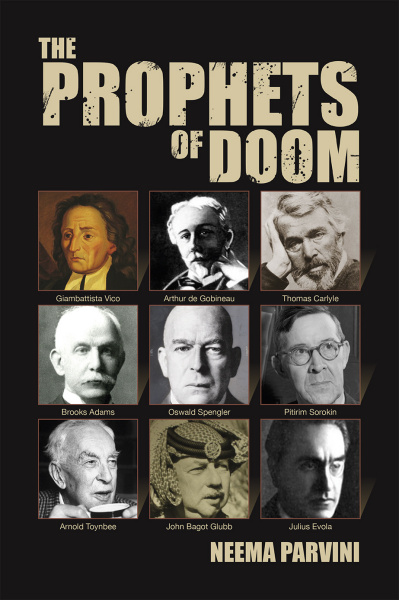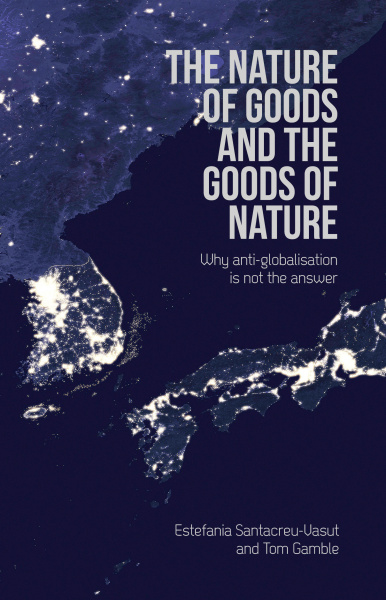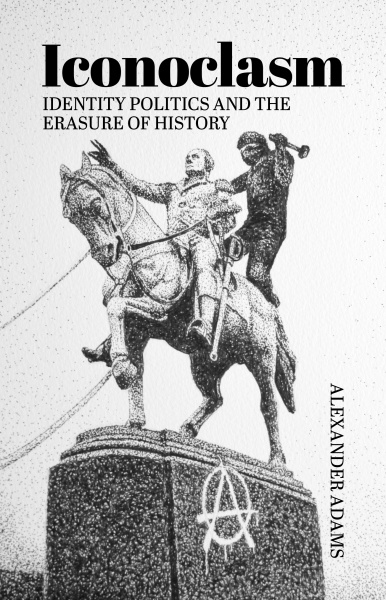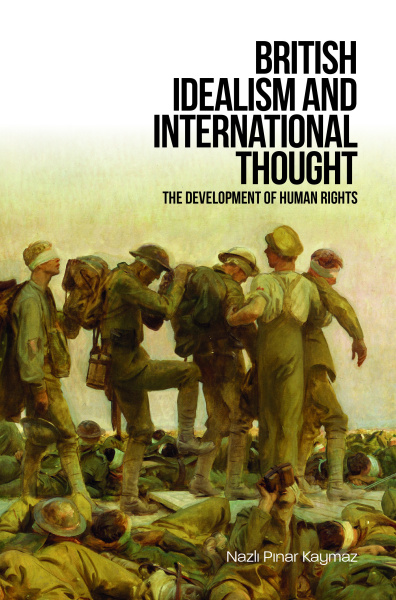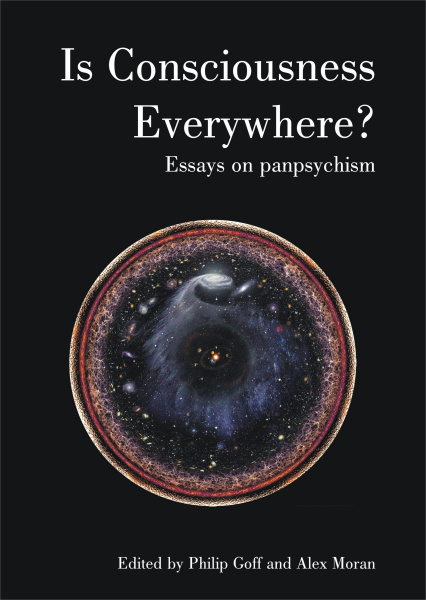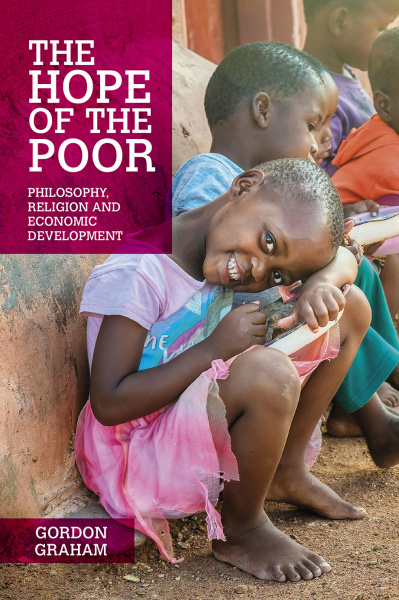Imprint Academic
-

The Sentient Robot
The Last Two Hurdles in the Race to Build Artificial Superintelligence
Rupert Robson argues that we are now just two conceptual hurdles away from developing artificial superintelligence. The first of the two hurdles is to embed consciousness in AI, thereby giving us the sentient robot. The second is about the developmental step needed in AI design so as to achieve human-level flexibility in thought.
-

The Architecture of Ideas
The Life and Work of Ranulph Glanville, Cybernetician
This book contains a collection of writings related to the work of Ranulph Glanville. The editor, Bill Seaman, includes a piece titled 'Composing Composing' which explores a number of Glanville's texts. Also included is an interview with Glanville titled 'A Long Conversation', and a text by Aartle Hulstein, Ranulph's wife.
-

Becoming Artificial
A Philosophical Exploration into Artificial Intelligence and What it Means to be Human
Becoming Artificial is a collection of essays about the nature of humanity, technology, artifice, and the irreducible connections between them. Is there something fundamental to being human or are humans simply biological computers?
-

Laws of Form: Spencer-Brown at Esalen, 1973
This Special Issue of Cybernetics and Human Knowing contains rare material related to G. Spencer-Brown's book Laws of Form and its contents. In 1973 there was a conference at Big Sur at which Spencer-Brown discussed his calculus with a group of scientists. In this issue we print Walter Barney’s transcripts of the conference.
-

A Hospitable Universe
Addressing Ethical and Spiritual Concerns in Light of Recent Scientific Discoveries
This book argues that new developments in the sciences, in particular twentieth-century physics and twenty-first-century biology, suggest revising several pessimistic outlooks for the development of a scientific understanding of the relationship of humans with the universe.
-

The Singularity
Could artificial intelligence really out-think us (and would we want it to)?
Volume combining two special issues of the Journal of Consciousness Studies on the philosophical aspects of a possible artificial intelligence singularity.
-

The Scientific Metaphysics of Charles S. Peirce
This collection of articles investigates central themes and difficulties in the metaphysics of C.S. Peirce.
-

Reforming Science
Beyond Belief
This volume is an attempt to reform science, to place science in its broad historical and philosophical context where dogmatic belief has no place, to remind science itself that it has limitations.
-

Science in Civil Society
These days, science is everywhere. How should we respond to this ambiguous and ubiquitous thing called science?
-

World in My Mind, My Mind in the World
Key Mechanisms of Consciousness in People, Animals and Machines
Not consciousness, but knowledge of consciousness: that is what this book communicates in a fascinating way.
-

Science as a Spiritual Practice
Science as a Spiritual Practice is in three parts. In the first part the author argues that there are problems with materialism and that self-transformation could lead scientists to more comprehensive ways of understanding reality. Part two discusses inner knowledge and altered states. Part 3 analyses the philosophy of Franklin Wolff.
-

Ways of Knowing
Science and Mysticism Today
The world faces a crisis of meaning. The old stories — whether the exclusive claims of rival religions or the grand schemes of perennial philosophy — seem bankrupt to many. The editorial stance of this book is that mysticism and science offer a way forward here.
-

Science, Consciousness and Ultimate Reality
The Science, Consciousness and Ultimate Reality project was set up with the support of the John Templeton Foundation in order to examine critical issues at the interface between science, religion and the field of 'consciousness studies'.
